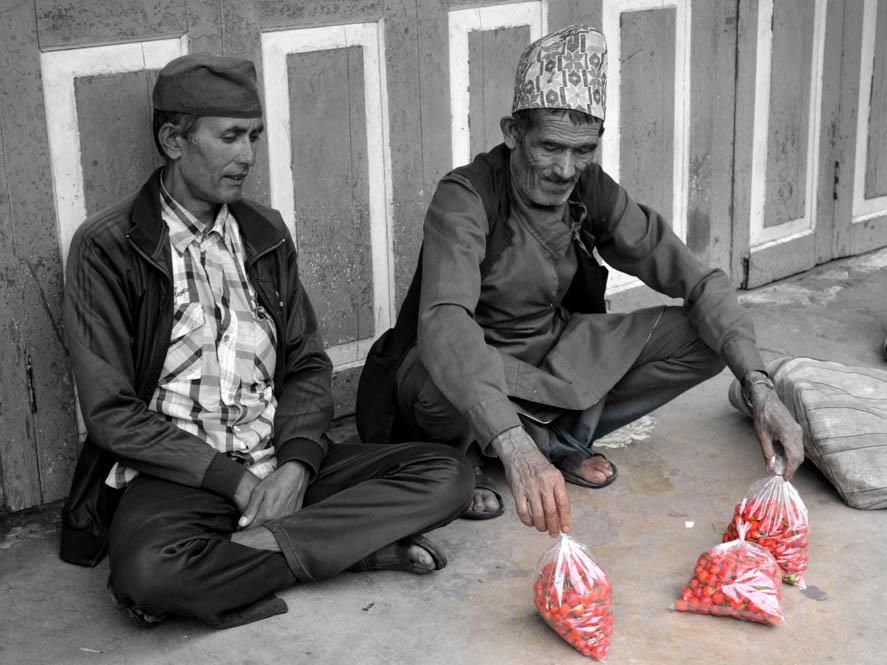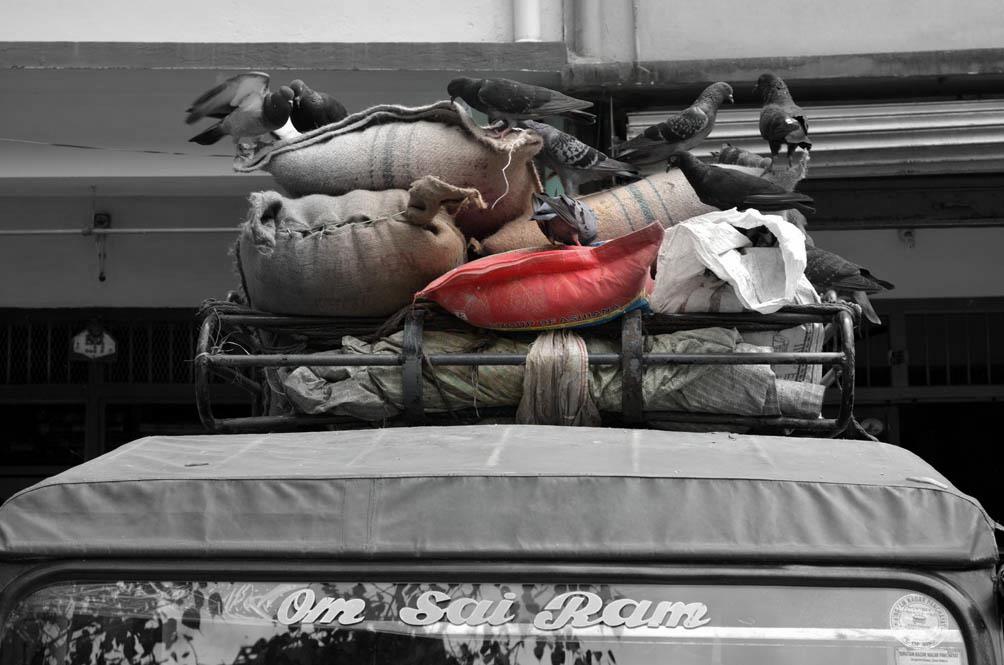    © Joseph Lepcha 2013  © Prabin khaling 2013 | In The Book of Laughter and Forgetting, Kundera delineates an epidemic of graphomania provoked in an individual through one`s sense of complacency and leisure-filled adequacy counteracted by society`s atomization, alienation and arthritis. With no bottlenecks and the “blood, imagination, intellect all running together”, poets (writers) seem to be serving all their internal/external experiences as fodder for the conjuring up a poem. Robert Wilkinson, one of the contributors in this issue, writes “Why should poets get away with it? / I mean, you can write / what you like these days, can`t you?” To neutralize the satire and humor he employs in his poem, any pondering editor, reader or writer is compelled to question some of the charges (observations) he voices – charges of obscurity, logorrhea, surprise, highbrowism, artificiality, excessive experimentation and sentimentality. Jack Gilbert in one his interviews tinkered and improved upon Pound`s axiom by asserting “Make it importantly new”. But as rightly suggested by Gardner, there can be no aesthetic absolutes (or they exist at a high level of abstraction) and that a work of art should “be judged primarily, though not exclusively, by its own laws”. As to the current claim of dwindling readership of various stakeholders, I find it to be a ludicrous observation as poetry has rarely been synonymous with terms like ‘popularity’ and ‘large audience’. Anything done to establish poetry into the mainstream will be an exercise in futility. Poetry never had a landslide win in the literary market and yet “They arrive by the ode-load, the tanka-ful” (satire nullified again). Maybe, it still is an antidote for several reasons. The impulse to write poems can never be explained. One can at the best approximate an answer with speculations. To conclude this intentional ‘tissue of quotation’ discussion, I would like to recall these lines from Asphodel, That Greeny Flower : "It is difficult / to get the news from poems / yet men die miserably every day / for lack / of what is found there." After a painstaking process of selection, our April Issue is finally out with thirteen poets writing from Gangtok, Delhi, Scotland, England, Massachusetts, California and Vermont. From our neck of the woods, we have Prabin Khaling and Manoj Bogati (progressive poets) writing about the down-trodden as they tackle subaltern themes in a language devoid of sentimentalism. One of the writers who broke away from the Third Dimension Movement in modern Nepali poetry, Rajendra Bhandari writes about local events with colloquial diction and idiom. A reporter`s sorrow quintessentially represents that style of writing seen also in MP Subba`s works. Manoj Bogati and Thomas Piekarski make ontological negotiations and unearth their respective histories from the clutch of cultural amnesia- personal and community histories. Poetry urges us to pause and take notice of the shimmering brilliance of ordinary daily events, the pregnant shore of words meditating on the ebb and flow of meaning. Nabin Kumar Chhetri`s mastery of imagery, color and incandescent humanity, Joseph Reich`s “carrier pigeon” subjunctive brimming with wry humor and absurdity, Peycho Kanev`s canine memories of Eastern Europe in all their untethered freedom “chasing the cat in the alleys…biting the legs of pedestrians”, Adrie Kusserow`s coalescing of the beautiful and the macabre, Abhay`s Delhi collages and Robert Wilkinson`s midnight companionship of a poem. These are the immediate responses with which the editors of Teesta Rangeet welcomed the contributions for this issue. Thank you everyone for your love, support and suggestions. You know who you all are! Dhirendra Kumar Shah, Teesta Rangeet.
|